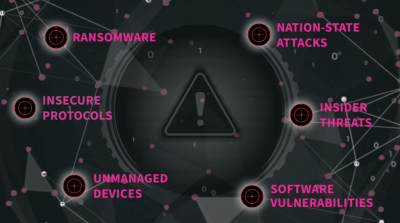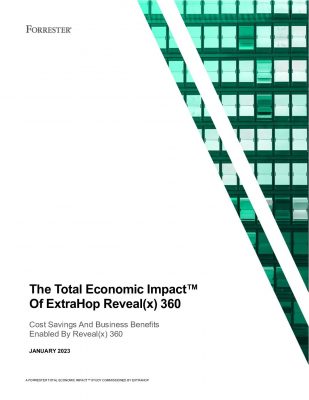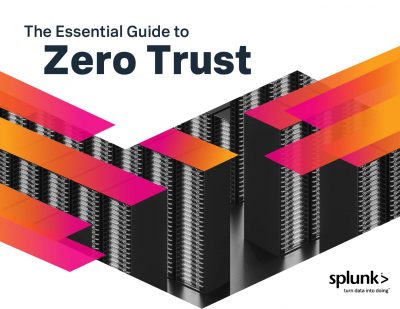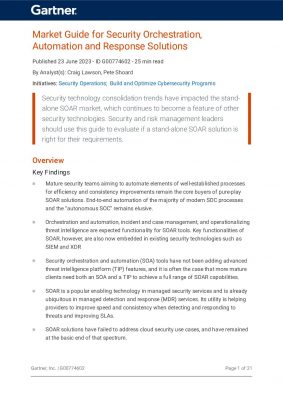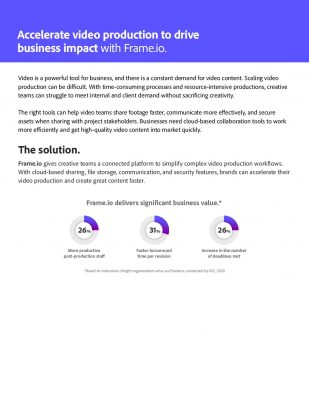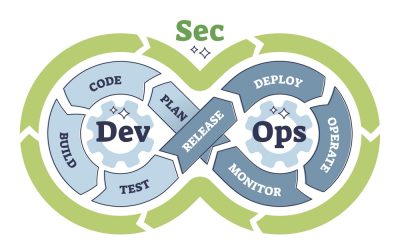In just a few years, the nation’s start-up, Israel, has managed to reach the top of the Fintech planet and does not hesitate to make it known to those who have not yet noticed. With $ 1.8 billion raised in 211 deals since 2011, more than 480 start-ups and 40 multinationals (AXA, Visa, AmTrust Financial Services, Bank of Montreal, Fosun International, Munich Re, Mastercard or BNP Paribas) have chosen to become established in this hub, these stunned must not be very numerous. How did Israel get there? First by taking advantage of its access to advanced military technologies, which has made it possible to develop highly efficient trading algorithms, as well as to establish itself in the field of cybersecurity through biometrics and fraud prevention solutions.
Then, the relatively small size of the country makes it a perfect sandbox, where for example Luxembourg start-ups have quickly crossed the German, Belgian or French borders. Finally, the country has a very progressive position on the blockchain: 130 start-ups are looking into applications related to this technology and they raised $ 700 million, including 503 ICO, these fundraisers of modern times related to digital “actions”. Labs, Scouts and Investment Funds “Many global leaders of financial institutions,” says Viola Ventures’ co-founder and partner, Avi Zeevi, “understand that there is a lot of knowledge here that can be and they’ve set up a point of presence or are about to do it, whether it’s a research and development center or an accelerator. “As early as September 2016, Barclays, for example, had teamed up with Wave to make the first transaction. via the blockchain.
The case of Citi is even more spectacular: after the installation of a first Fintech Innovation Lab in Tel Aviv in 2011, the American multinational launched a Big Data Lab in 2013 and a Security Lab in 2015. There are 300 R & D. “But the multinationals are realizing that opening such a center is not the only way to enter the Israeli ecosystem because they have difficulty recruiting top talent,” said the Fintech director at Start-up Nation Central. , May Nechushtan, in a very comprehensive report published in the autumn. “In recent years, more than 60% of multinational companies’ initiatives are alternatives,” he explains.
As the recruitment of professional scouts who will closely follow each of the developments of the Square or the creation of local investment funds that allow them to weigh directly. As Finance Minister Pierre Gramegna has been doing since Saturday until Wednesday, the delegations are scrambling to see this ecosystem, whether they are public or private, like the Chinese of Ping An, who ended up investing both in Viola Ventures and Payoneer, or Santander InnoVentures in MyCheck. The ecosystem also benefits from a very balanced situation between the sectors that these start-ups address, from 23% in the field of trading and investment to 22% in payment up to 3% for exchanges and international money transfers, 5% for personal finance management tools, 10% for loans and financing, 11% for insurtech and for all anti-money laundering and anti-fraud, and 15% % for enterprise solutions. And mechanics is not ready to fight. As reported on Monday Dealroom, VC investments reached 6.
3 billion euros in Europe (including Israel) in January and February (against 4.7 last year). Including a third for Fintech. The only notable deal that concerns the start-up nation is the purchase of Luminate by the giant Symantec for 200 million euros.

